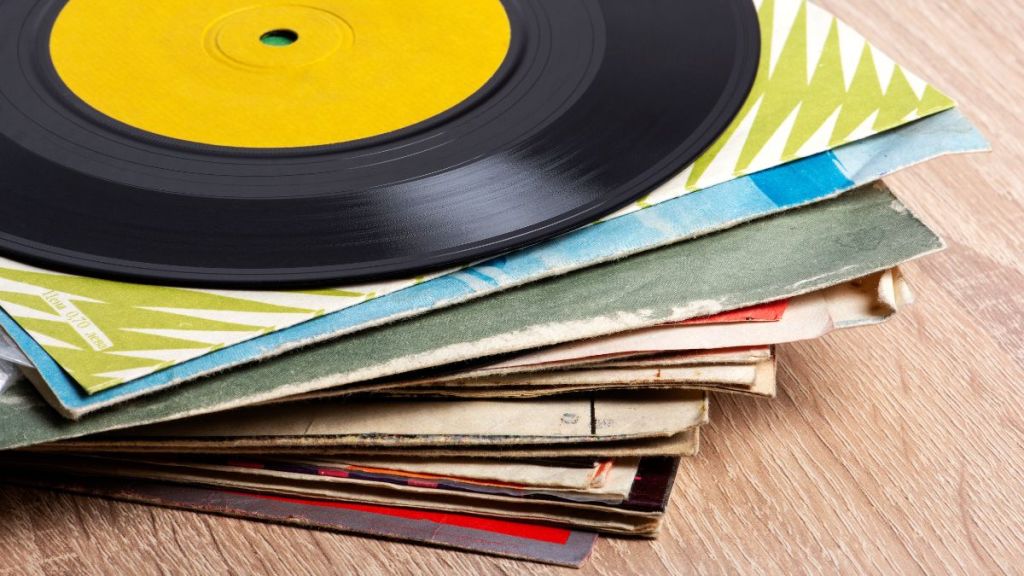Everyone knows the saying, “one man’s trash is another man’s treasure.” And you can turn that into reality by hunting for hidden treasure in your own home that you can sell for a bundle. But how do you know what are considered household valuables? We made it easy by tapping experts for their best bets on the items you can turn into big bucks. Keep reading for their top 5 picks on what to sell and where to get the best price.
1. Any type of gold is a household valuable
The price of gold has risen to a record $2,100 per ounce, so check your jewelry box for broken chains, unmatched earrings and gold pieces you no longer wear. And don’t stop there! “Gold and other precious metals can sometimes hide in ordinary items or family relics,” notes Seth Gold, co-owner and vice president of American Jewelry and Loan in Detroit. “Look for hallmark stamps on cutlery, antique utensils, china, dish ware or statues that indicate the composition of the metal (like 14K and 18K).”
Then, for jewelry, Gold advises visiting a trusted gold buyer, like a jewelry store or pawn shop. “Prices offered per gram may vary drastically, so get multiple quotes before selling.” For gold antiques and heirlooms, an antique dealer can tell you if the items are more valuable sold as is.
2. Fill your piggy bank with power tools
If you’re like most of us, you probably bought a pricey power tool to complete a home project, then never used it again. “It’s worth a look around to find it now,” says home improvement expert Tracey Amadio of PorchDaydreamer.com. “Sales of power tools like drills, laser levels and paint sprayers increase this time of year as contractors and DIYers gear up for their spring projects. Many look for used versions being sold by others, and if they’re in good condition, you can earn back about 50% to 60% of what you paid,” she says.
“Look on Facebook for a group for your neighborhood and post it there,” she advises. “I’ve sold more in my local Facebook neighborhood group than anywhere else!”
3. Vinyl records are comeback household valuables

Still have your original vinyl record collection? They’re making a comeback, with sales increasing for the past 16 years in a row. This is all thanks to music fans who appreciate the benefits that come from playing records, says Dillon Smith, owner of Noble Records in Matthews, North Carolina. “On average, they’re worth $5 to $20 each…the value depends on what the album is, if it’s an original or a reissue and its condition.”
To get an idea of your record’s worth, type its catalog ID (a series of letters and numbers found on an album’s back or spine) into the search bar at Discogs.com. You’ll see how much other people are selling theirs for. Then visit a record store where you’ll get a cash offer. Or, you can sell it on Discogs for a 9% fee per sale or eBay.com for $13.25% of the total sale plus 30 cents.
4. Get paid for unwanted electronics
Have smartphones, e-readers, tablets and smartwatches you’re no longer using taking up space in drawers and closets? “While newer and well-maintained devices will have higher resale values, older and not-so-gently-used electronics are still in high demand,” says Robert Nelson, a tech expert for electronics reselling marketplace Swappa.com. “The average selling price of an unlocked iPhone XR is around $200 and the average selling price of an unlocked Galaxy S9 is around $130,” he says. “That’s a pretty good return on mobile phones originally released in 2018.” You can list your devices on Swappa, which charges 3% of the asking price, or eBay.
Not sure if an item is valuable? Snap a pic of it with your phone. Then search on Google Images (click the camera icon in the search bar). You can easily see if it’s being sold online and an estimated worth.
5. Finding household valuables from old owners
You could find treasure that others left behind while poking around your home! Lots of folks have found valuables like antiques, artwork and coins hidden in attics, crawl spaces, under floorboards, above drop ceilings and behind false walls. And these items have sold for $1,000s. It’s wise to consult with a lawyer to determine ownership. But if you found it inside your own home and the original owner or their estate doesn’t claim it, you typically get to keep what you find.


